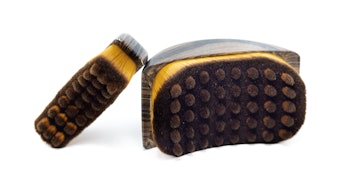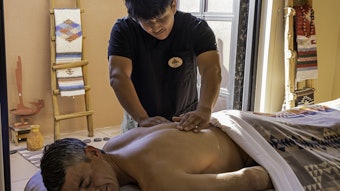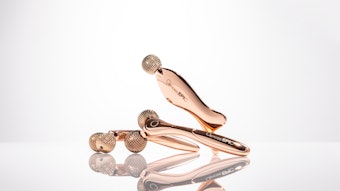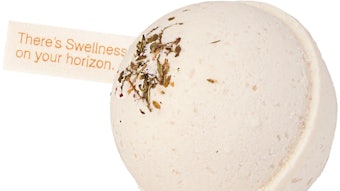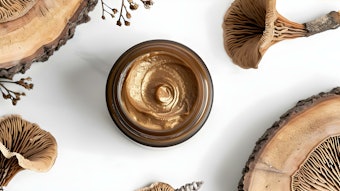Each year, millions of people in America use acupuncture, a traditional Chinese approach to improving health. Although acupuncture has been used in China for over 2,000 years, according to the National Institutes of Health (NIH), it has become increasingly popular in America during the past few decades. Still, many people are not familiar with what it is and what it can be used for.
“Acupuncture is an effective way to treat many different ailments that people experience,” explains Gary Kaplan, MD, founder of The Kaplan Center for Integrative Medicine (www.kaplanclinic.com), located in McLean, Virginia. “Although some people may be skeptical at first, they end up as fans, after they try acupuncture and see how it helps improve their health and well-being.”
As it is a tradition that is deeply rooted and widely used, there is a lot to learn about all that acupuncture can do for you. Here are five things you may not already know about acupuncture.
- How it is used. In the United States, the most commonly used form of acupuncture is accomplished by placing hair-thin, metallic needles in the skin.
- What it does. Acupuncture essentially helps to balance the flow of energy, or qi (pronounced “chee”). Additionally, the NIH reports that it may aid the activity of your body’s natural pain-killing chemicals, and may also affect how you release chemicals that regulate blood pressure and flow.
- Systems it impacts. There are three major systems that acupuncture impacts: the body’s neurological (nervous), endocrine (hormonal) and immunological (disease-fighting) systems.
- Alleviates pain. In 2007 alone, more than 3 million people in America used acupuncture for alleviating pain. It can help relieve pain caused by arthritis, fibromyalgia, headaches, back pain, knee pain, neck pain and other joint pain. In addition to addressing pain, acupuncture also can be employed against a wide variety of illnesses and diseases, including reducing nausea and vomiting following surgery or chemotherapy.
- NIH Consensus. In 1998, a Consensus-Conference Panel of the National Institutes of Health (NIH) found that acupuncture is an effective noninvasive modality in treating a variety of medical and pain problems, including migraines, osteoarthritis, and infertility.
“Acupuncture is an option that everyone who has these conditions should consider,” adds Kaplan. “Clients have nothing to lose by giving it a try, and an improved quality of life to gain. Acupuncture may be just the thing you have been waiting for.”
